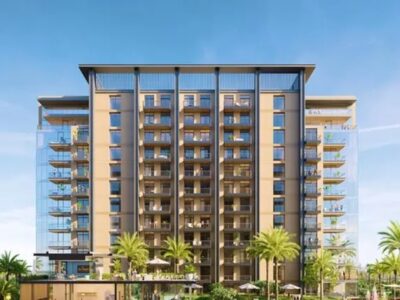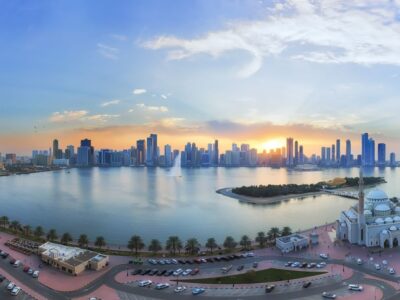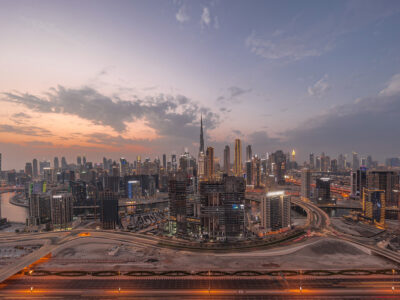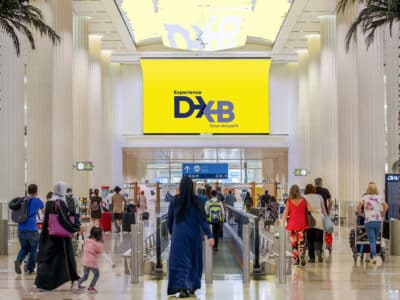Some assets in Dubai’s property market are now undervalued, and it is realistic to expect that prices can regain their 2008 highs, one of the emirate’s most prominent property bosses has claimed.
Hesham Al Qassim, the CEO of Wasl Asset Management – which is the emirate’s largest landlord, managing the property portfolio owned by the Dubai Real Estate Corporation – said that current prices meant that now was “the right time” to invest in the local market.
“In terms of freehold, all the residential units [in the Wasl portfolio] are seeing good demand again and the market is starting to roll over again,” Al Qassim said, in an interview with Arabian Business.
“I think it’s the right time for it. The market has to move at some point; it’s four years from the time that everything started to slow down, and I think that prices have gone below the right level. It’s the right level to buy again.”
Dubai property prices fell as much as 60 percent from their 2008 peak, but have seen values rising in many premium areas across the first half of this year.
When questioned as to whether prices could regain the peaks of four years ago, Al Qassim said: “They might get higher; it all depends on demand and supply. We shouldn’t forget also that there is a normal price hike as a percentage of inflation”.
Al Qassim, who is also vice chairman of Emirates NBD and chairman of Emirates Islamic Bank, added that over 98 percent of Wasl’s 25,689-strong unit portfolio was occupied by end-2011.
Wasl is aiming to complete $844m worth of new projects within the next three years, and as earmarked Dubai’s burgeoning hospitality sector as a particular focus for growth.
Meanwhile, the managing director of Daman Investments, Shehab Gargash, also said that he believed that real estate now presented a real opportunity for investors, alongside sectors such as financial services and agriculture.
“People will look at it maybe a little strangely, but I think real estate will make a comeback in the UAE,” Gargash told Arabian Business.
“It’s the home of real estate in the region, more or less. I think the financial services sector will become interesting…things like agriculture in some of the countries around the region may [also] see investment.”
The comments come amid a spate of positive reports regarding the property sector in the UAE. Emaar, the country’s largest listed developer, posted a 146 percent growth in second-quarter net profits, buoyed by rents, and its retail and hospitality divisions.
Union Properties posted a $29m profit in the second quarter, as opposed to a huge loss for the same time a year previously. Nakheel, Dubai’s largest developer by assets, saw a 36 percent increase in profits in the first half to $209m.
Last month, a report from Bank of America Merrill Lynch claimed that Dubai property was a worthwhile investment, due to projected population growth in the emirate and strong existing infrastructure.
“The real estate sector provides a good exposure to growing consumer spending mainly led by tourism and sizeable household consumption,” the report stated.
“Dubai should benefit the most, in our view, given a more open and diversified economy, its greater sensitivity to continued population growth and superior past infrastructure investment.”







